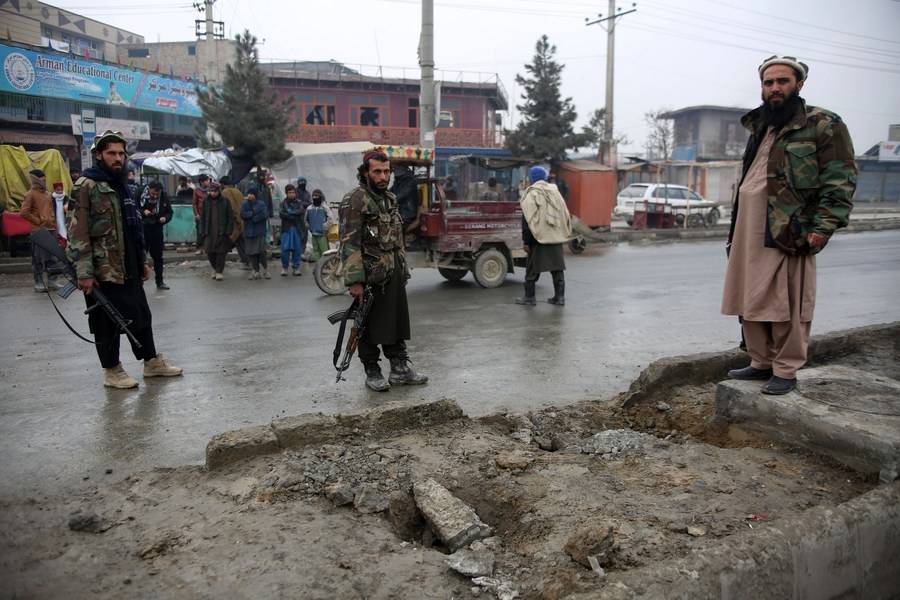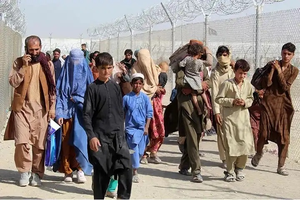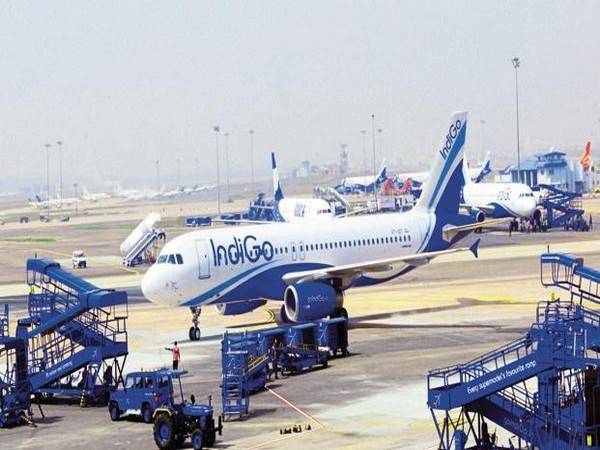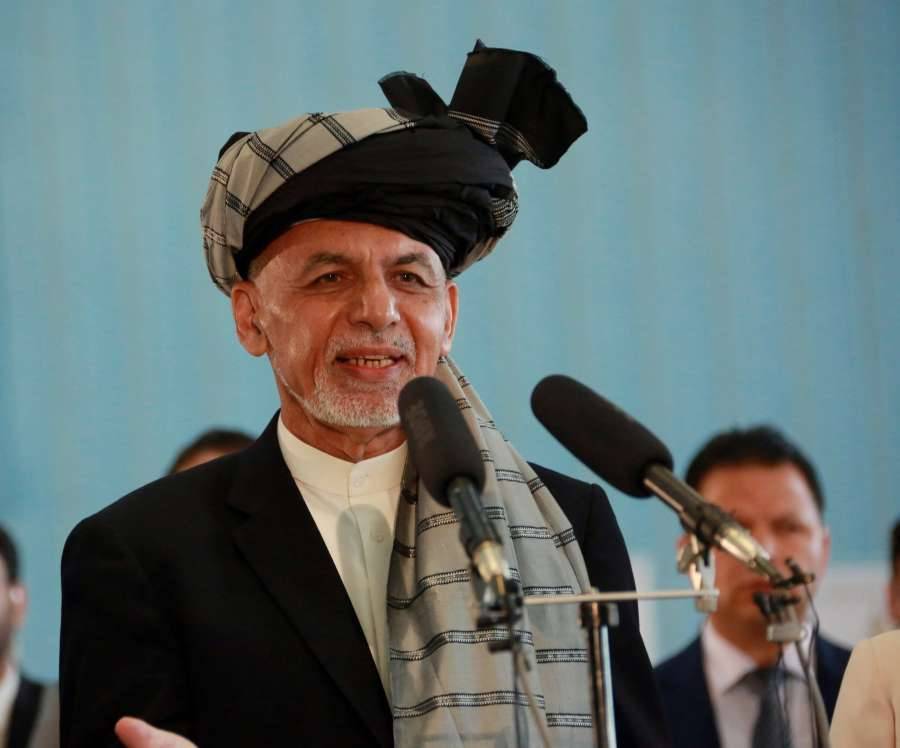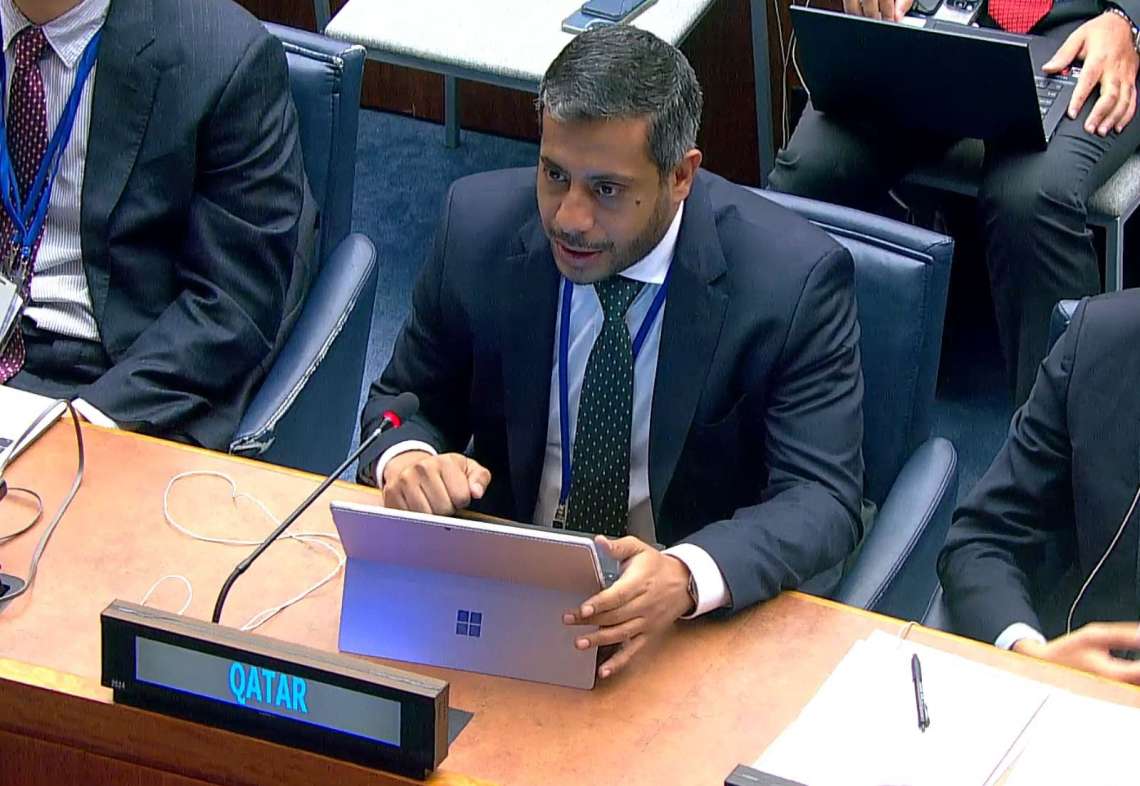He was among the Taliban officials who supported the education of women and girls, in a BBC interview, he stated that no rationale in Sharia law prohibits female education…reports Asian Lite News
Sheikh Rahimullah Haqqani, a prominent Taliban figure, was killed in a suicide attack on a seminary in Kabul on Thursday when the attacker blew explosives placed in a prosthetic leg, according to Taliban authorities and sources.
Taliban’s deputy spokesperson, Bilal Karimi, confirmed the veracity of the incident and stated that the explosion in the Shash Darak area of Kabul’s Police District 2 “martyred” Sheikh Rahimullah Haqqani, Khaama Press reported.
He had previously been a target of the Islamic State (IS) group, albeit it is now unclear who killed him as no group has claimed responsibility so far.
Sheikh Haqqani was a steadfast opponent of the Islamic State Khorasan Province (IS-K), and a supporter of the Taliban administration, Khaama Press reported.
He was among the Taliban officials who supported the education of women and girls, in a BBC interview, he stated that no rationale in Sharia law prohibits female education.
Since taking control when international forces began to withdraw almost a year ago, the Taliban claim to have restored security.
However, there have been frequent attacks in recent months, many of which have been claimed by Islamic State.
He is one of the highest profile figures to have been killed in the country since the Taliban returned to power last year, BBC reported.
Despite sharing the same name, he was not related to Afghanistan’s Haqqani militant group network.
Afghanistan has witnessed a series of blasts in recent weeks. The blasts have occurred in a number of areas in the capital city of Kabul including Chandawal, Pul-e-Sokhta and Sarkariz.
At least three people were killed and seven others suffered injuries in a blast that occurred near the Pul-e-Sokhta area in the west of Kabul on August 6 local media reported citing the statement of the commander of PD6 in Kabul, Mawlawi Zabihullah.
Meanwhile, the United Nations has condemned the recent blasts in Afghanistan that have killed and injured more than 120 people.
“Following the Islamic State-claimed blasts in Kabul in recent days that killed and injured more than 120 people, the UN family in Afghanistan urges greater security for minorities so that Ashura can be marked without further attacks,” the UN Assistance Mission (UNAMA) tweeted.
The US also condemned the ISIS-K-claimed attacks during Ashura, which targeted Hazara and Shia-majority areas in Kabul.
Since the Taliban regime took control of Afghanistan, blasts and attacks have become a regular affair with unabated human rights violations involving ceaseless murder of civilians, destroying mosques and temples, assaulting women, and fuelling terror in the region.
Last month, a bomb exploded near Karte Parwan Gurudwara in Kabul, a month after the holy place was attacked by members of the Islamic State. Religious minorities in Afghanistan, including the Sikh community, have been targets of violence in Afghanistan.
The human rights situation has been exacerbated by a nationwide economic, financial and humanitarian crisis of unprecedented scale.
At least 59 per cent of the population is now in need of humanitarian assistance – an increase of 6 million people compared with the beginning of 2021, according to UNAMA.
ALSO READ-One year since Taliban ended Afghan hopes

